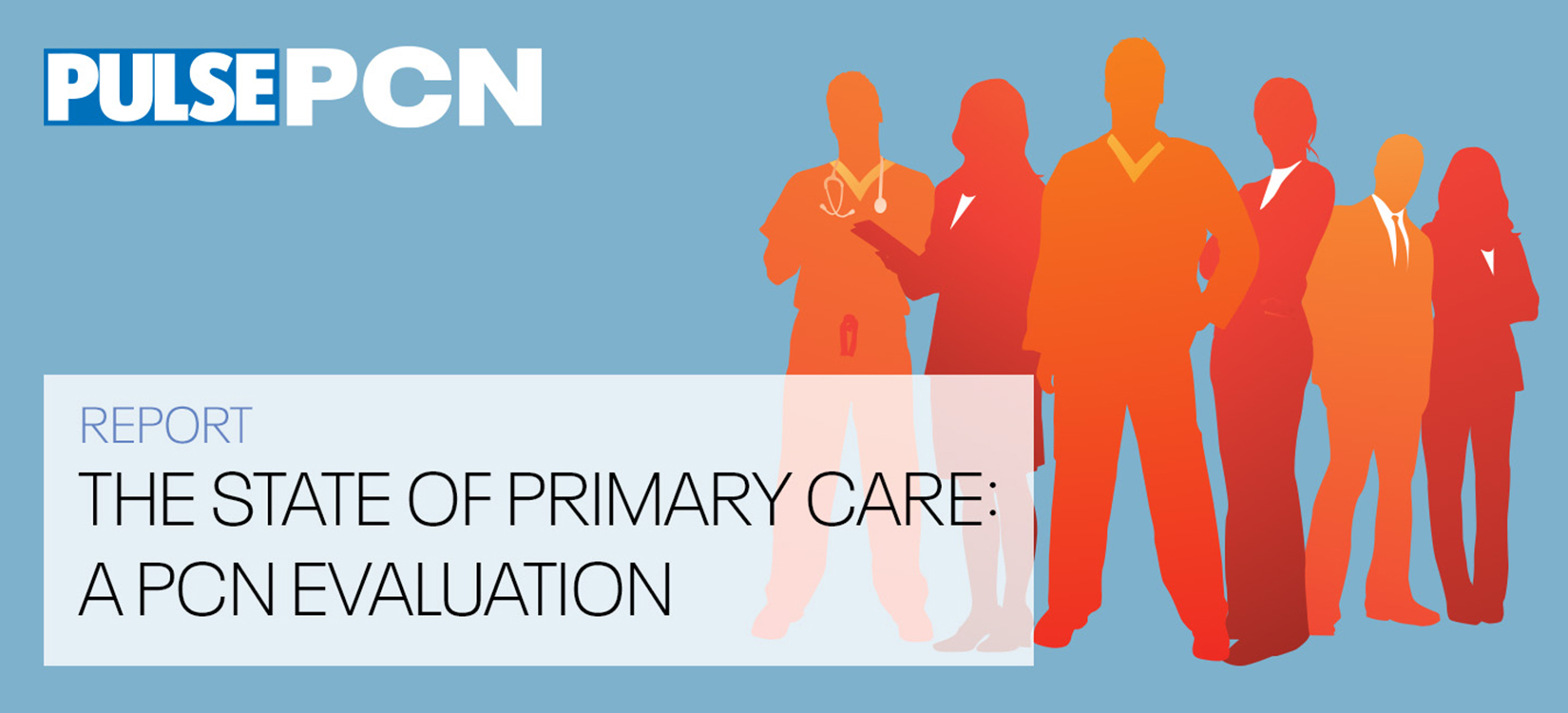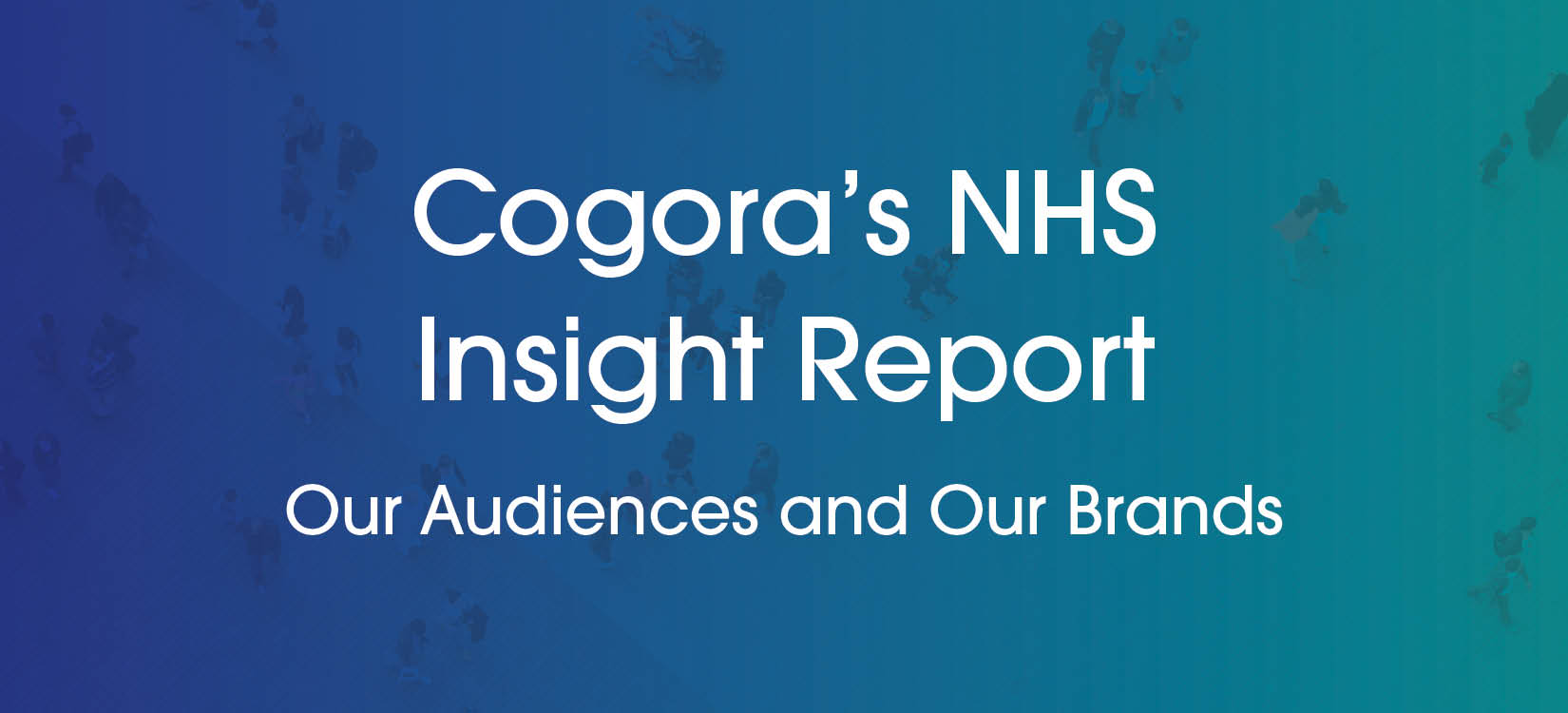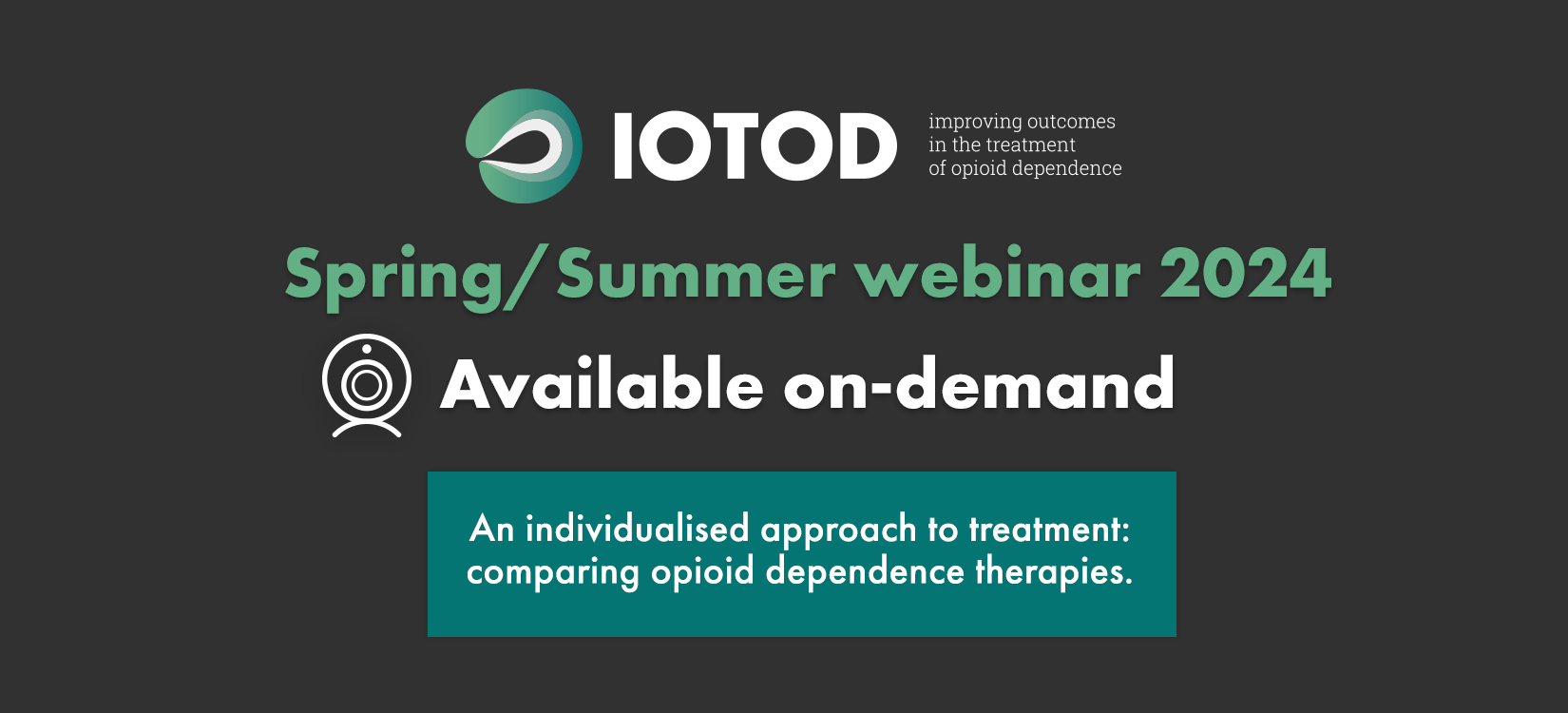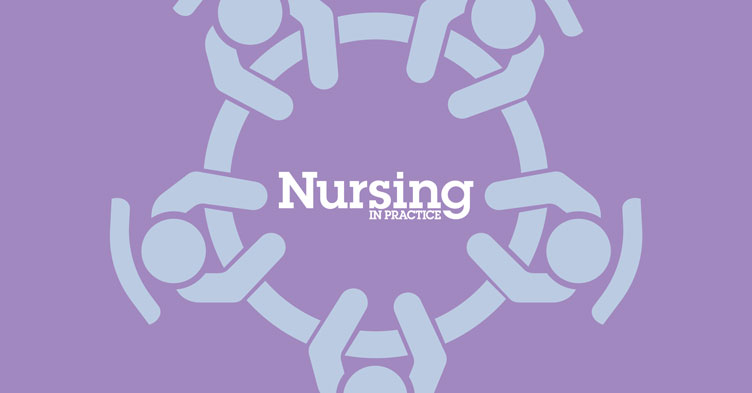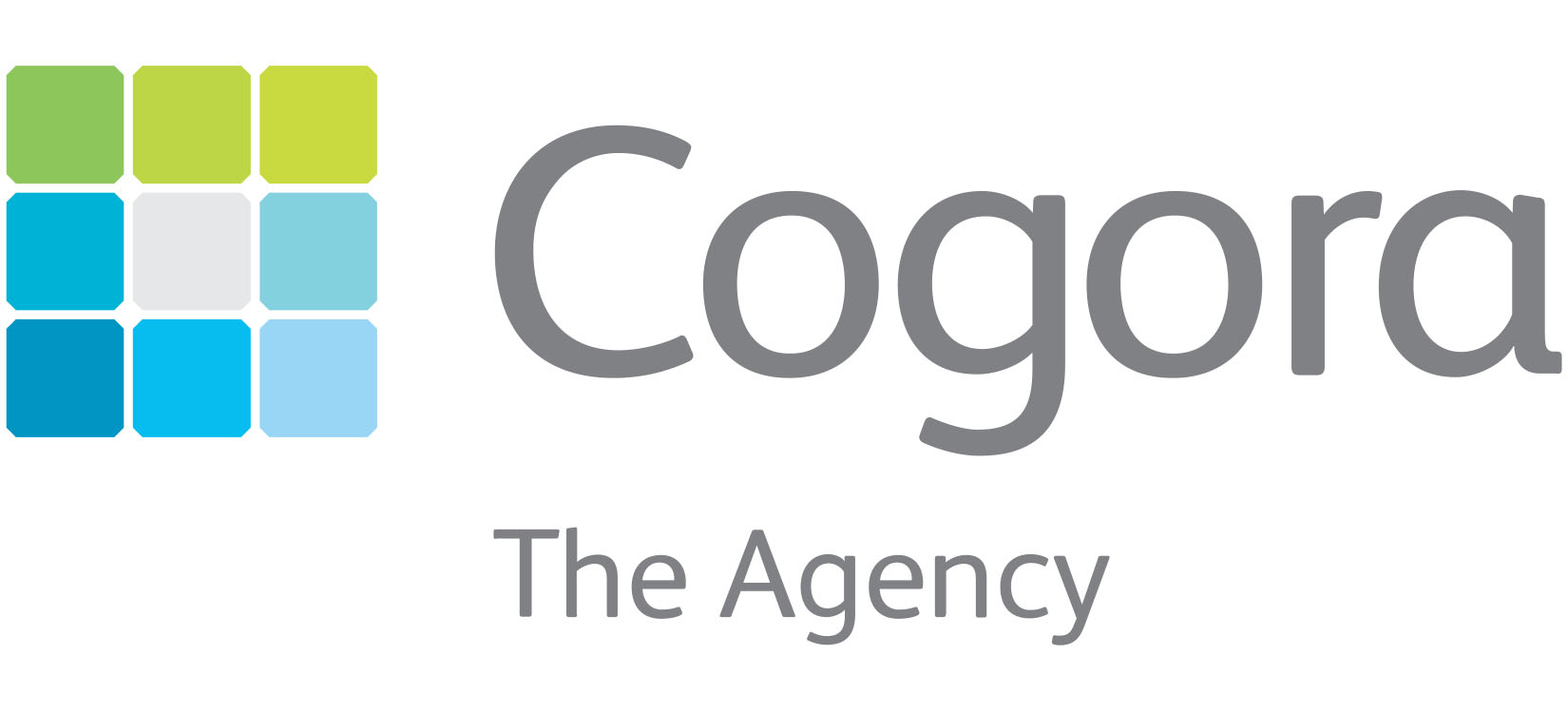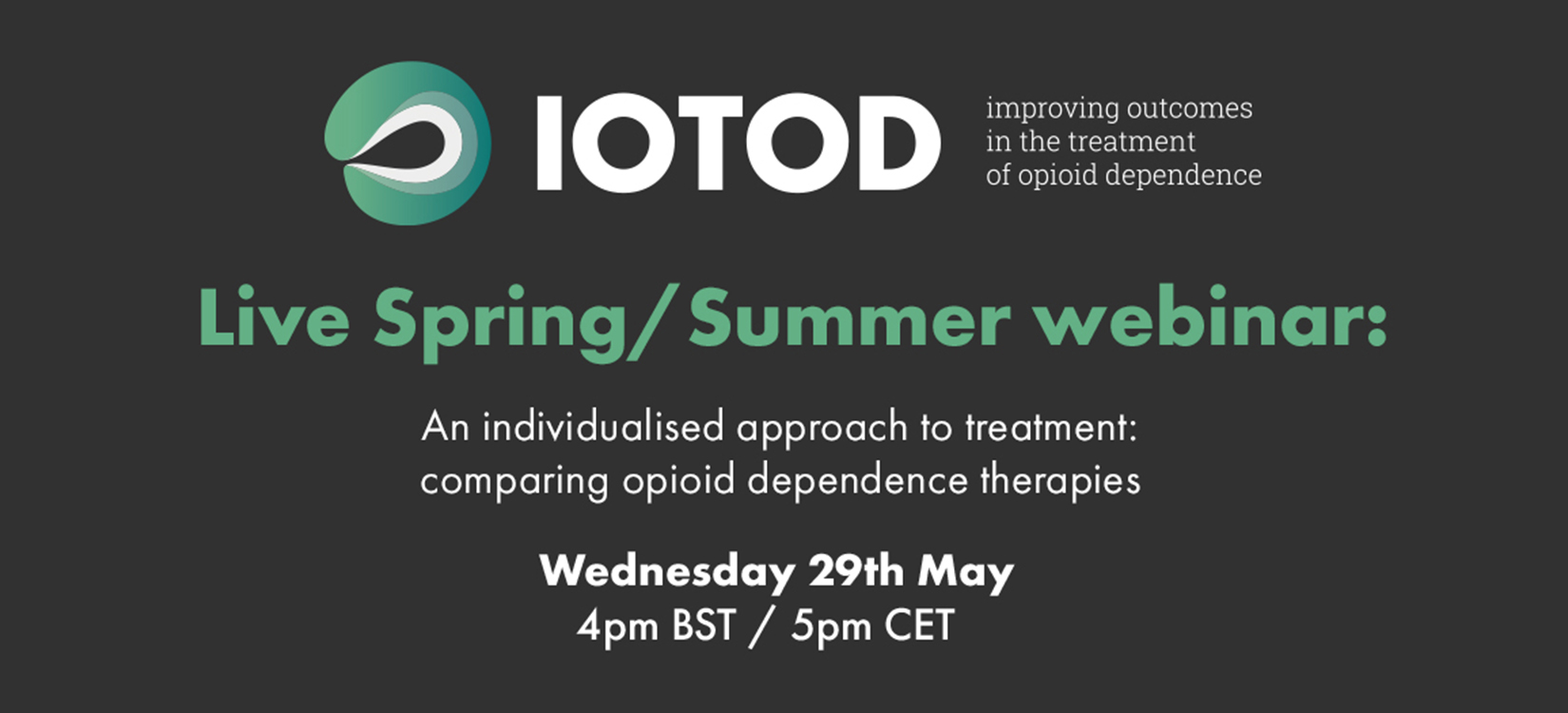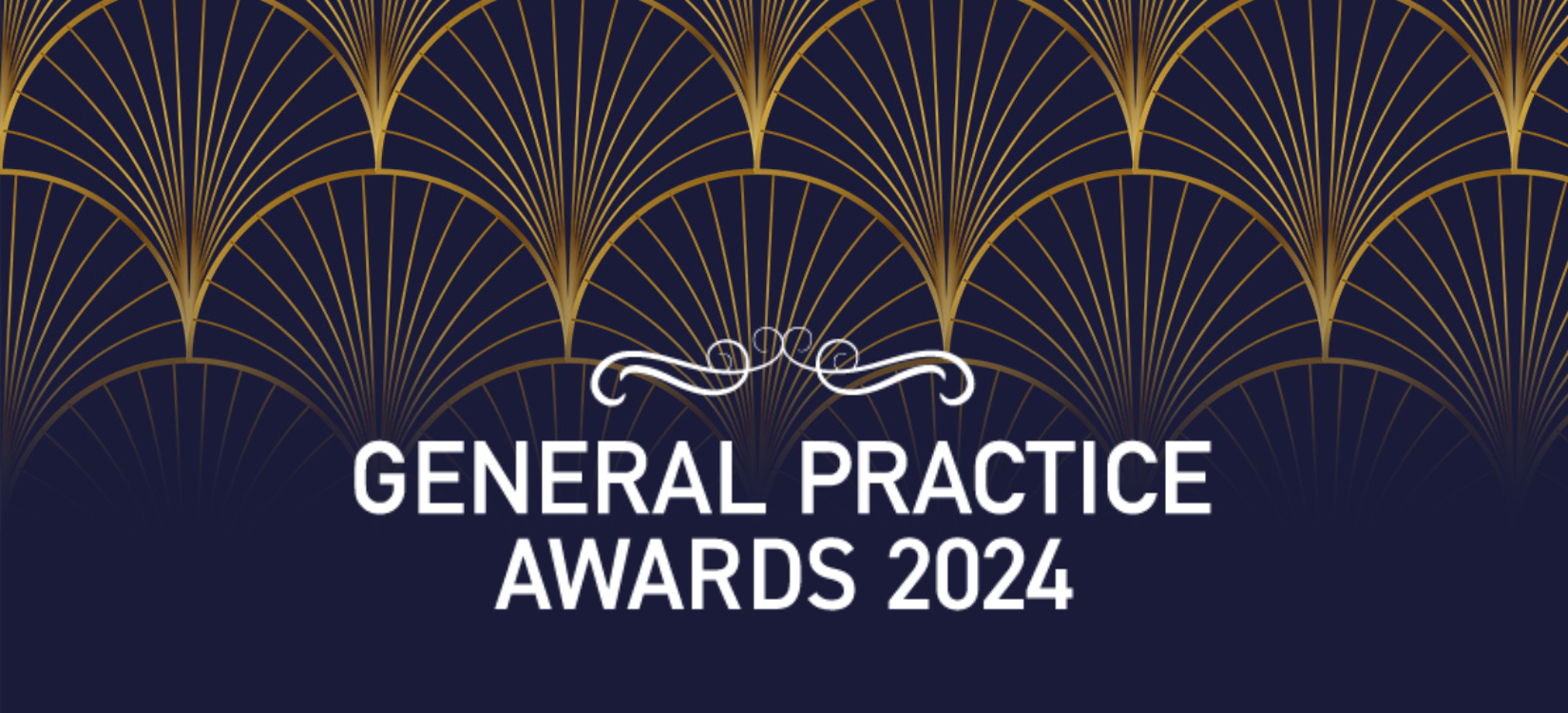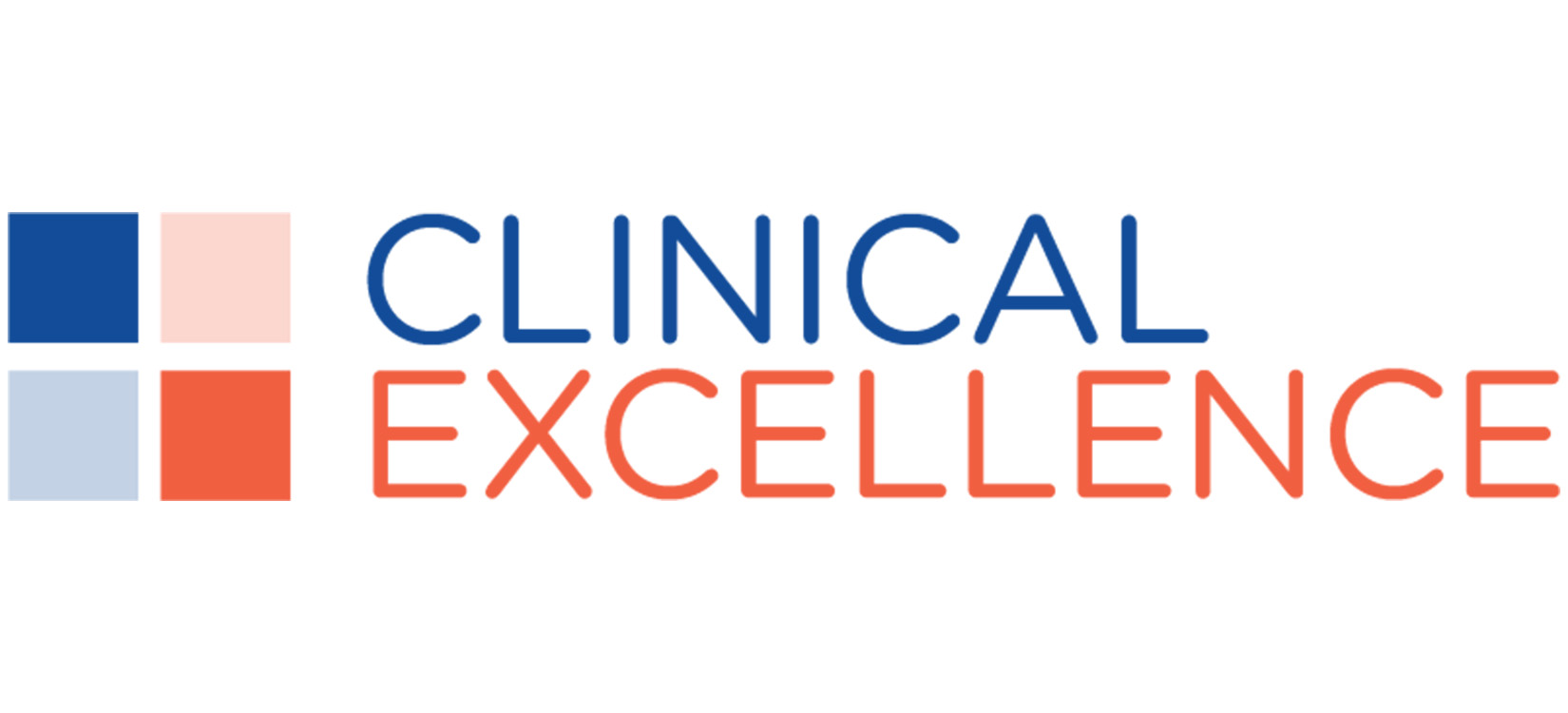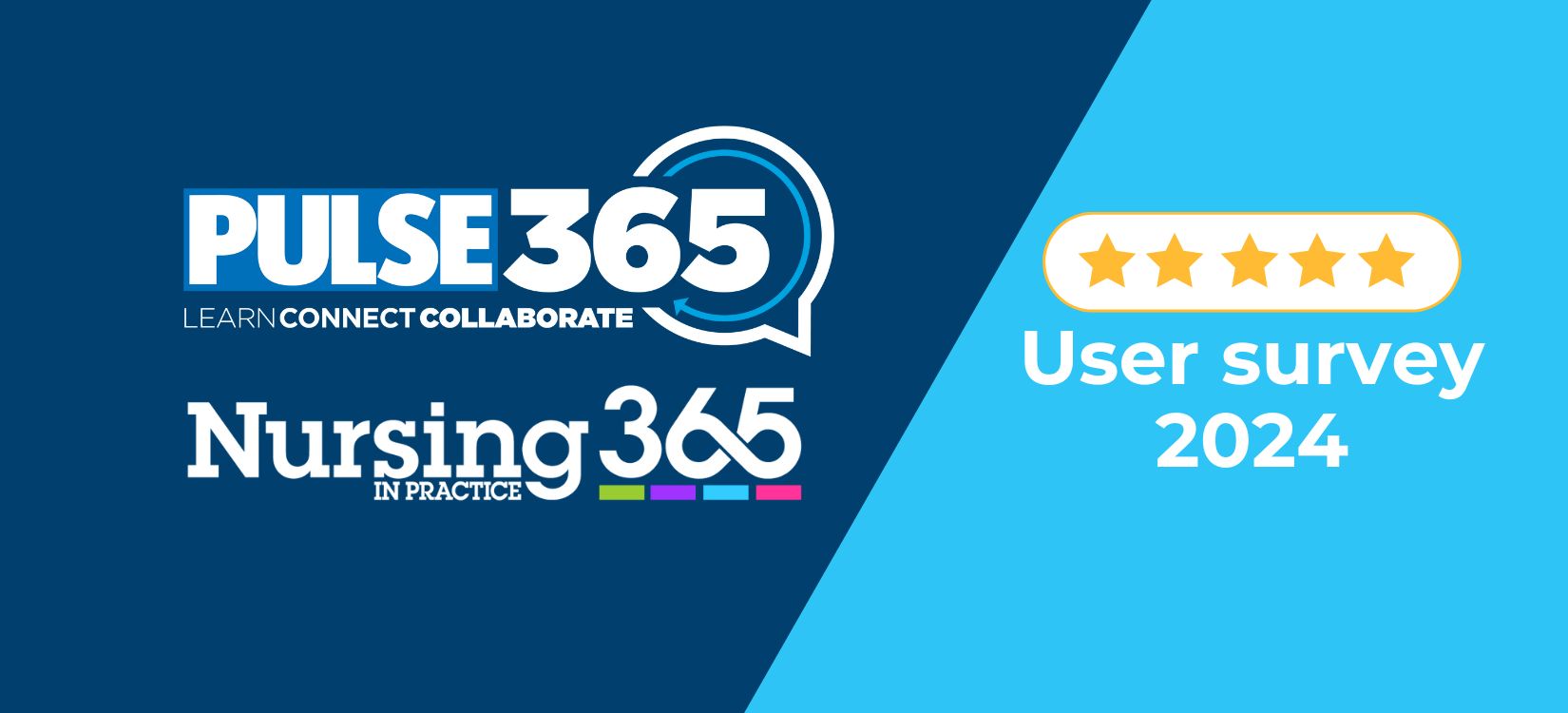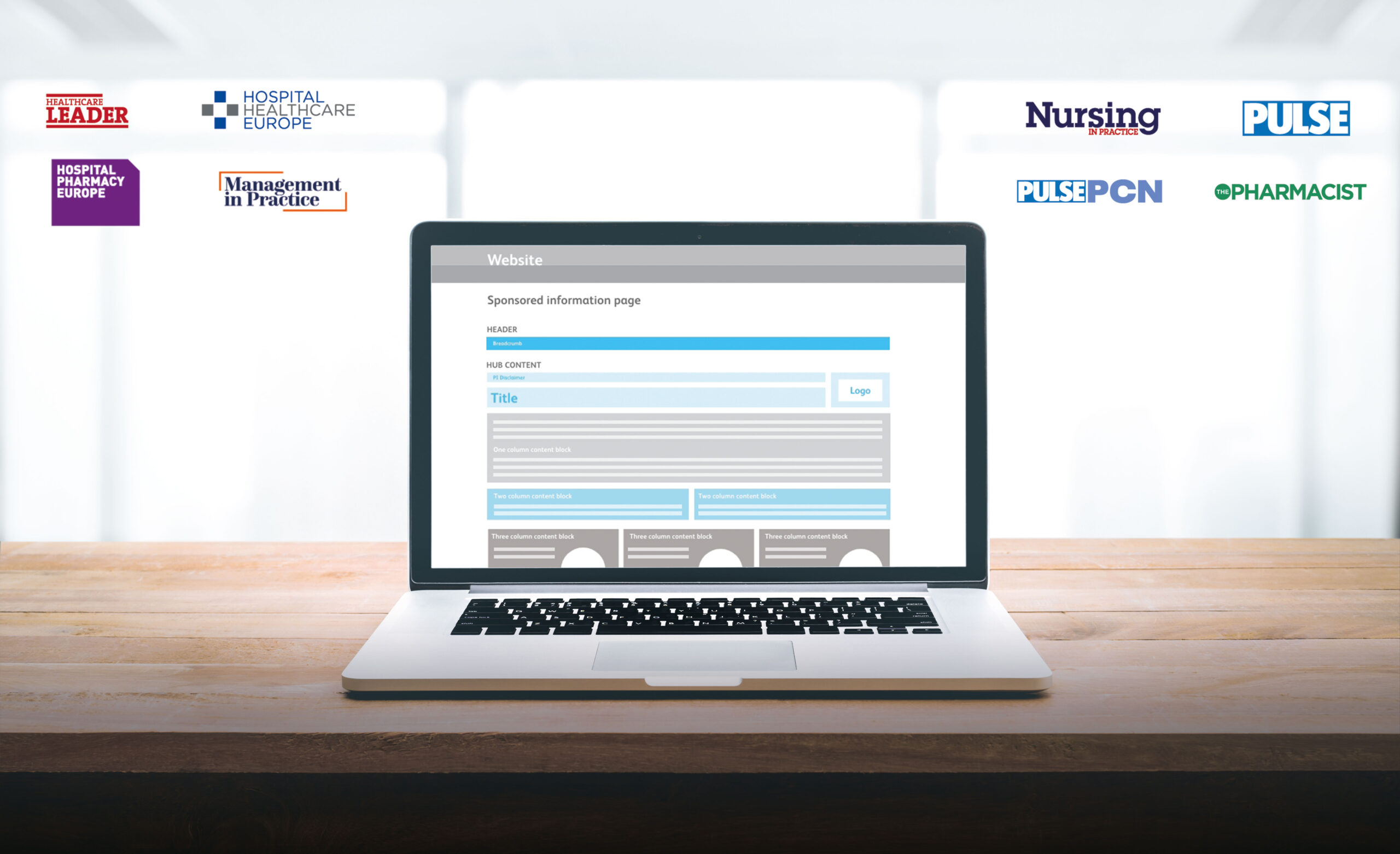Cogora is proud to announce that we have been named on the UK’s Best Workplaces for Women™.
The Best Workplaces for Women™ list recognises companies in the UK that are to ensuring a reasonable balance of women and men across the organisation; removing barriers to women’s career advancement; and creating workplaces where all employees, regardless of gender, can flourish.
From our anonymous feedback, 96% of Cogora employees agreed that people are treated fairly, regardless of their sexual orientation or gender.
Our inclusion on the UK’s Best Workplaces for Women™ list officially acknowledges our commitment to create a consistently and overwhelmingly positive employee experience, to foster cultures that are proven to drive business, improve lives, and better society. Over the past few years, we have introduced numerous new benefits/procedures/policies to solidify our commitment to ensuring our workplace is great for all.
To compile the UK’s Best Workplaces for Women™ List, Great Place To Work® analysed the anonymous responses of females in the workplace and considered their daily experiences of innovation, the company’s values, and the effectiveness of their leaders, to ensure they’re consistently experienced, as well. They then used these data insights to benchmark our company’s employee value proposition against the culture our employees actually experience. Only the businesses who achieve the highest scores after evaluation receive Best Workplaces™ status.
Creating a supportive and fulfilling workplace is crucial not only for our team, but also for clients. It directly translates into better collaboration, enhanced creativity, and exceptional service delivery. We have always strived to foster an environment that promotes open communications, encourages innovation, and fosters personal and professional growth, allowing employees to achieve their fullest potential.
Benedict Gautrey, Managing Director of Great Place To Work UK says: “Workplaces are only great if they’re great for all employees. For seven years, the UK’s Best Workplaces for Women™ List has been paving the way by tackling discrimination, removing barriers to women’s advancement in their careers, and challenging taboos around subjects like the menopause, and endometriosis.
“Importantly, each of the companies on the list have been commended by their own female employees through their anonymous feedback that told us their workplace has gone above and beyond to ensure that women employees are treated fairly in terms of recognition, training, and promotion opportunities.
“Congratulations to Cogora for making this prestigious list!”
We’re so proud of this achievement and look forward continually build on our culture and employee satisfaction.



